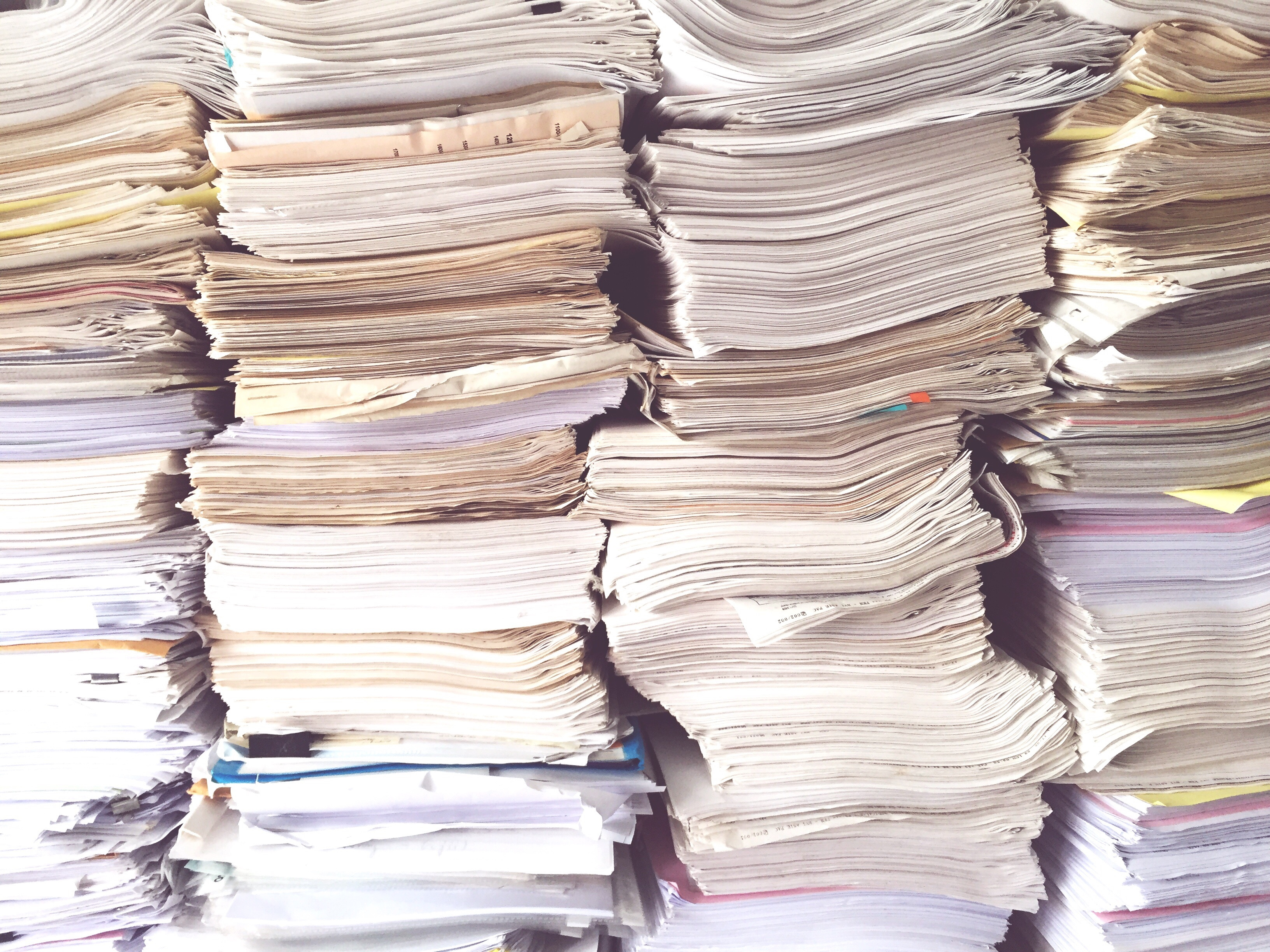The IRS backlog keeps growing
And more of the week's best financial insight

A free daily email with the biggest news stories of the day – and the best features from TheWeek.com
You are now subscribed
Your newsletter sign-up was successful
Here are three of the week's top pieces of financial insight, gathered from around the web:
The IRS backlog keeps growing
The IRS was still sitting on 21.3 million unprocessed tax returns as of May 31, said Kate Dore at CNBC, leaving many taxpayers waiting 10 months or more for refunds. But the staggering backlog is still "crushing the agency," according to the Taxpayer Advocate Service, an independent watchdog. "While more than 90 percent of taxpayers filed returns electronically last year, roughly 17 million sent paper filings," which is the primary reason for the logjam. The agency said it is just finishing processing the paper returns from 2021, "about five months later" than normal. In March, "the IRS planned to hire 5,000 new employees," but as of May it "had not yet achieved half" of that goal.
The Week
Escape your echo chamber. Get the facts behind the news, plus analysis from multiple perspectives.

Sign up for The Week's Free Newsletters
From our morning news briefing to a weekly Good News Newsletter, get the best of The Week delivered directly to your inbox.
From our morning news briefing to a weekly Good News Newsletter, get the best of The Week delivered directly to your inbox.
A national medical debt problem
More than 100 million Americans owe medical debt, a problem that is "far more pervasive than previously reported," said Noam Levey in Kaiser Health News. An investigation by Kaiser and NPR found huge amounts of debt is "hidden as credit card balances, loans from family, or payment plans to hospitals and other medical providers" that later get passed on to credit bureaus. This bleak picture varies significantly by state, but debt troubles are more widespread in the South, where "insurance protections are weaker, many of the states haven't expanded Medicaid, and chronic illness" is more common. "The share of people with medical debt in collections in Florida is 16.8 percent," owing a median amount of $1,006. By contrast, only 2.4 percent of Minnesotans owe medical debt, and the average amount is $425.
Climate rules snare small business
Small businesses may get caught up in climate disclosure rules, said Richard Vanderford in The Wall Street Journal. While "small businesses that don't trade on stock exchanges normally don't fall within the Securities and Exchange Commission's purview," the agency is considering requiring public companies to disclose "emissions in their entire supply chain." That means smaller shops and local suppliers, like farms, could be "saddled with a compliance burden they won't be able to handle." The regulator received 3,400 letters from businesses and advocates during its open-comment period, with many of them expressing "a tone closer to existential dread." Small businesses fear they may be cut out of supply chains "in favor of larger companies with the resources to catalog their emissions."
A free daily email with the biggest news stories of the day – and the best features from TheWeek.com
This article was first published in the latest issue of The Week magazine. If you want to read more like it, you can try six risk-free issues of the magazine here.
-
 Why is the Trump administration talking about ‘Western civilization’?
Why is the Trump administration talking about ‘Western civilization’?Talking Points Rubio says Europe, US bonded by religion and ancestry
-
 Quentin Deranque: a student’s death energizes the French far right
Quentin Deranque: a student’s death energizes the French far rightIN THE SPOTLIGHT Reactions to the violent killing of an ultraconservative activist offer a glimpse at the culture wars roiling France ahead of next year’s elections
-
 Secured vs. unsecured loans: how do they differ and which is better?
Secured vs. unsecured loans: how do they differ and which is better?the explainer They are distinguished by the level of risk and the inclusion of collateral